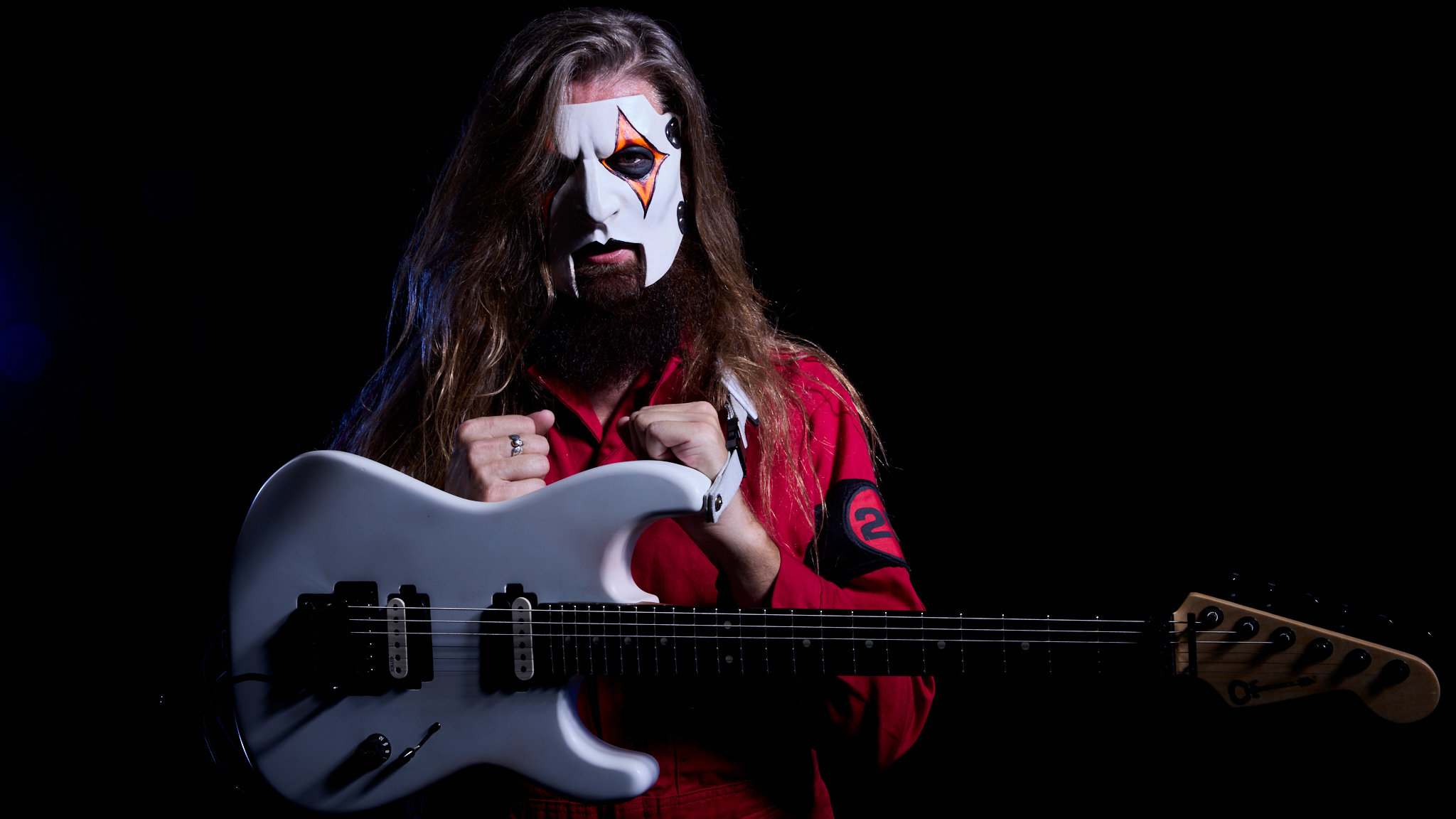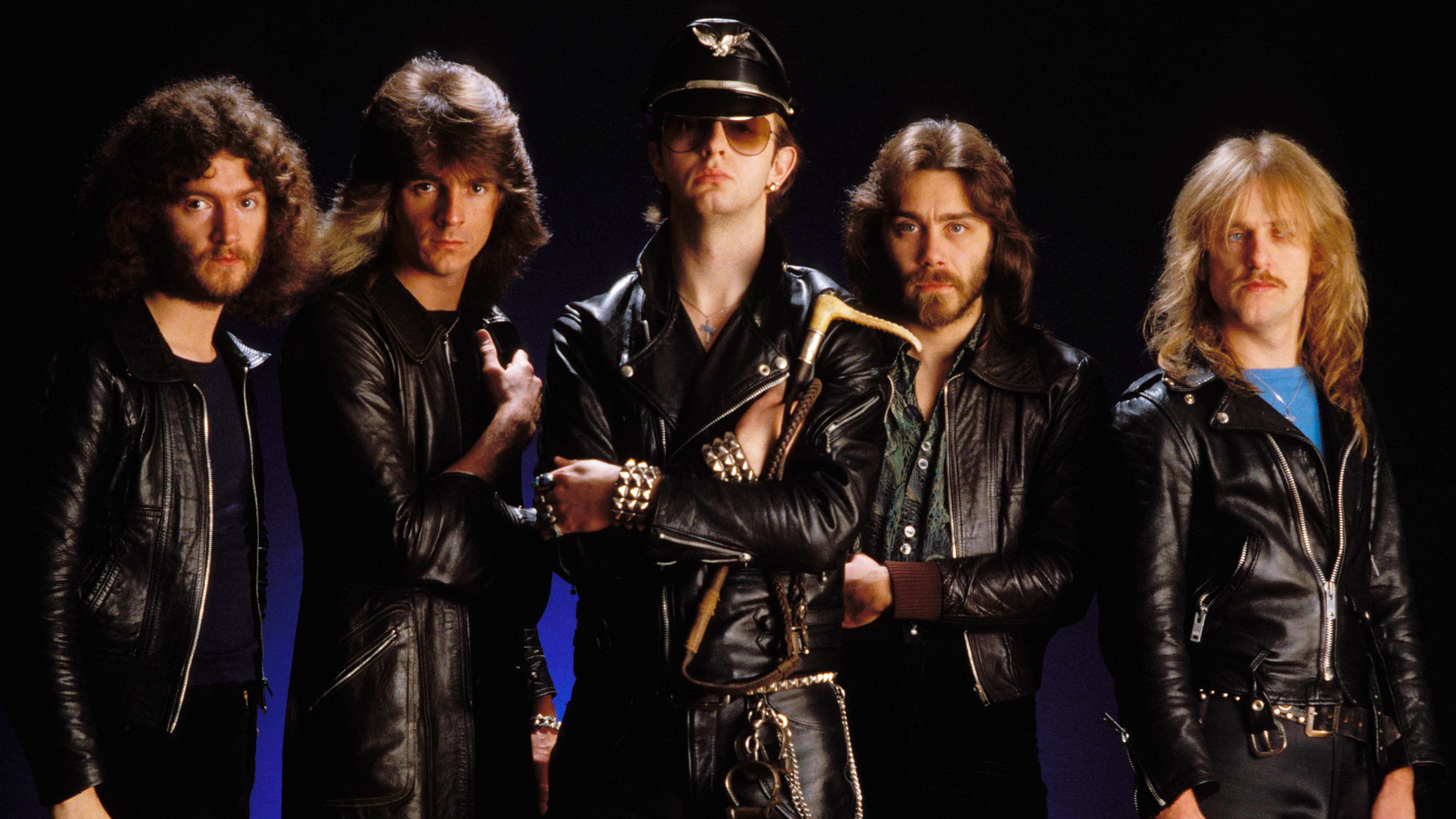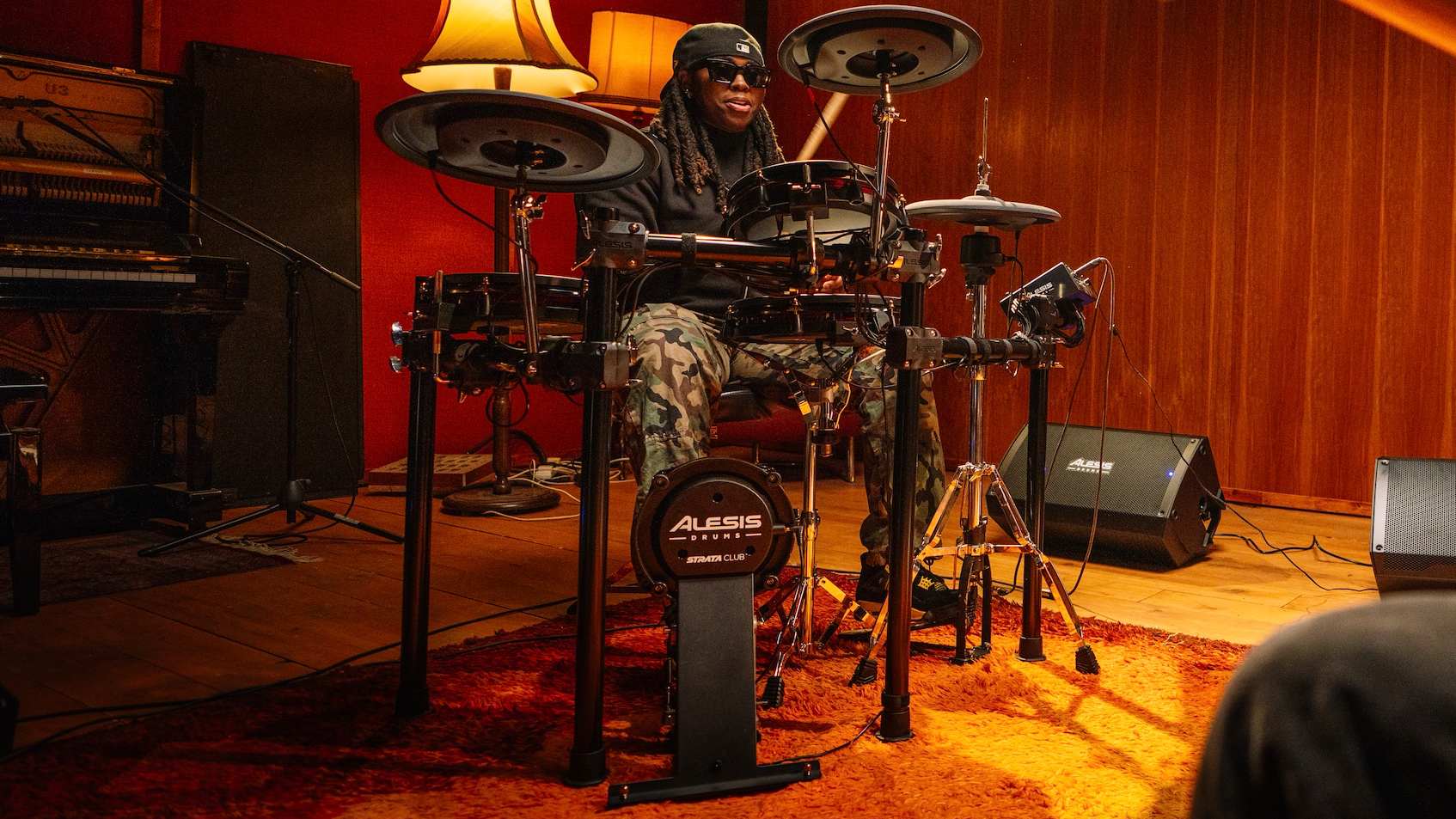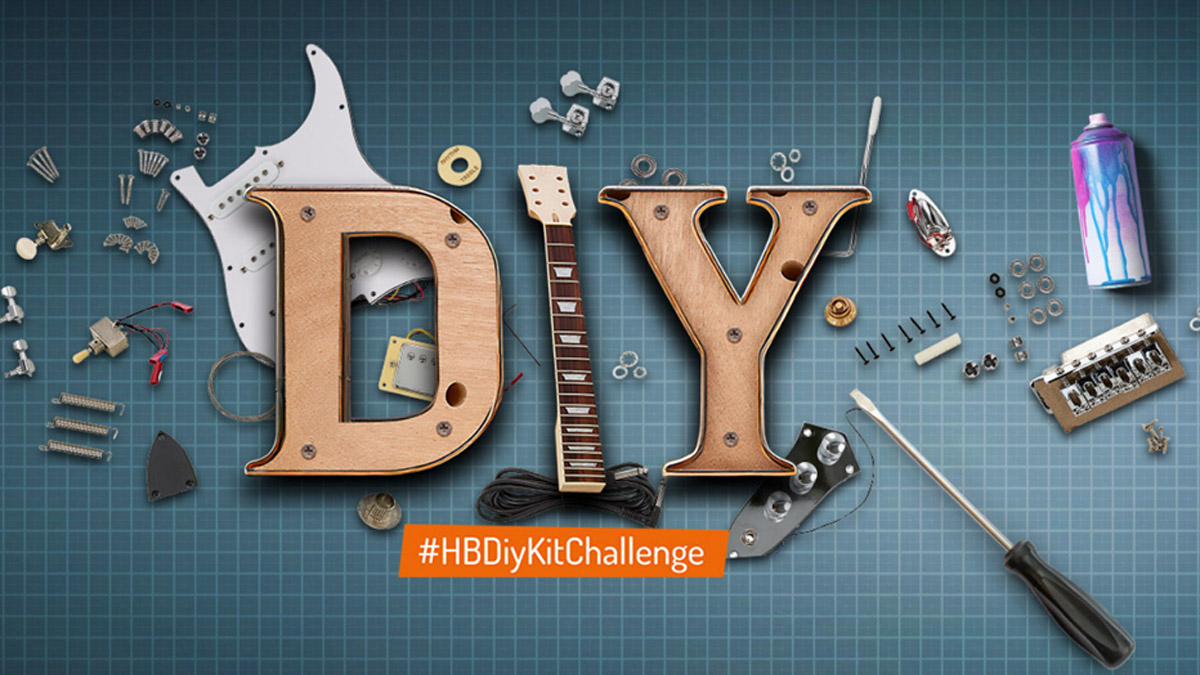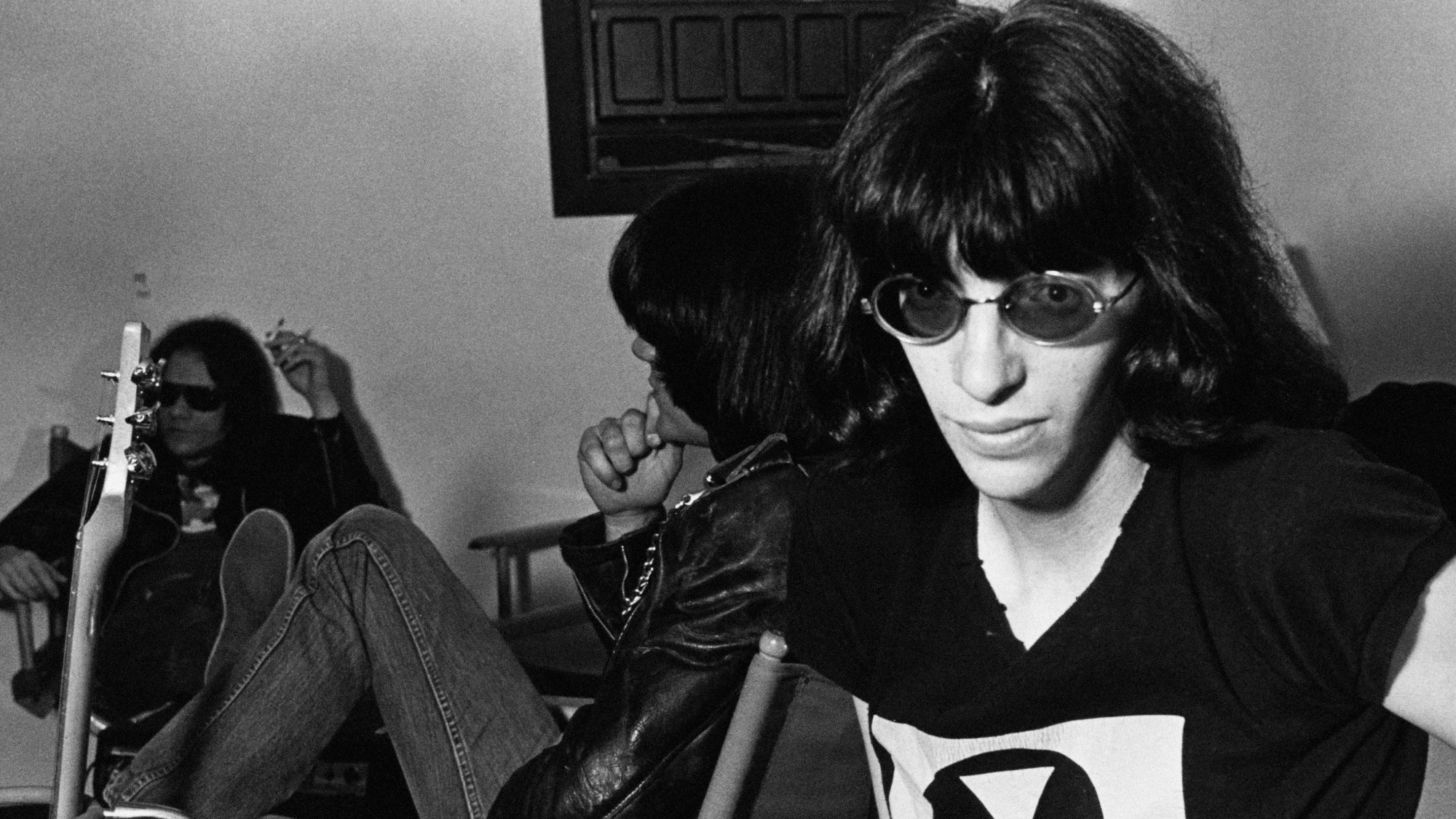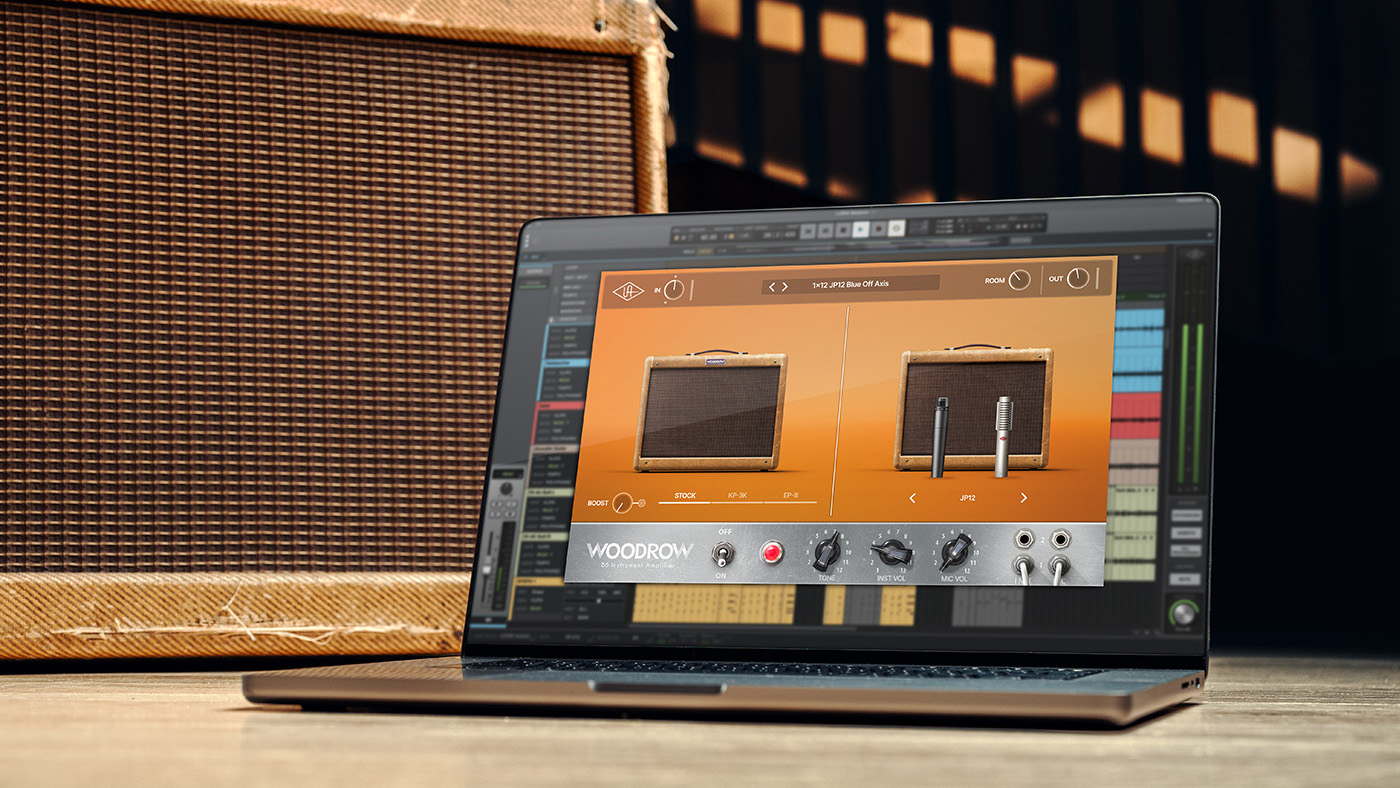Alan Parsons on his favourite gear and why he avoids using compression
Legendary producer discusses latest lecture series at Abbey Road Studios
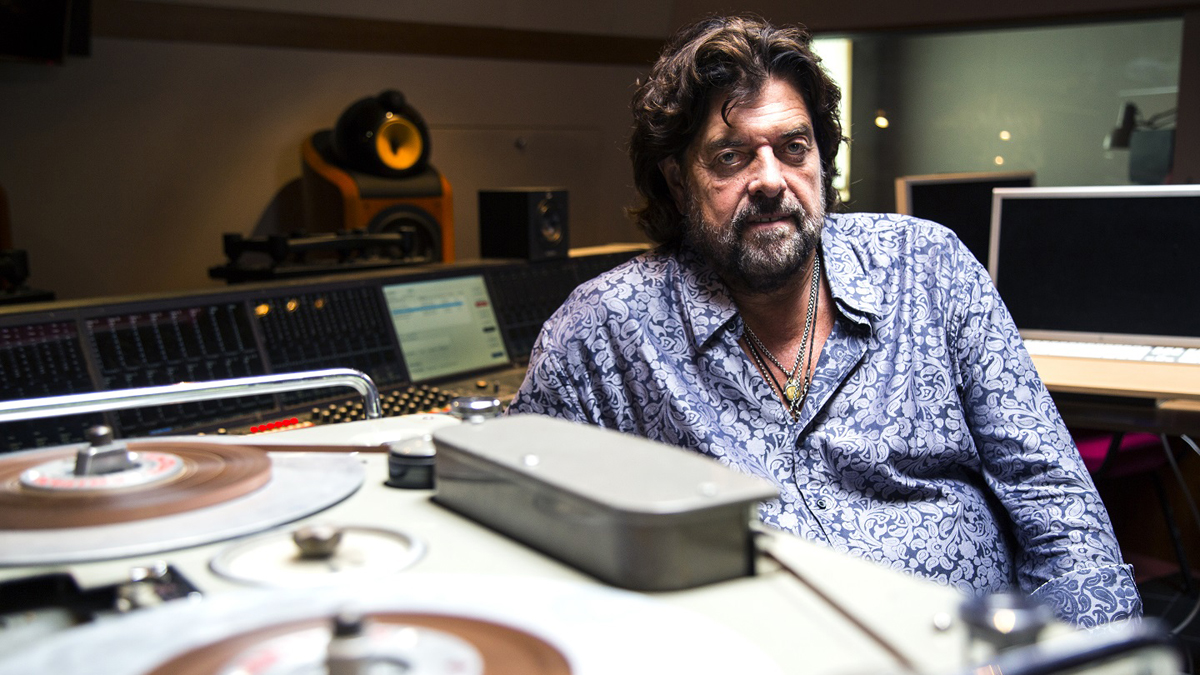
Alan Parsons
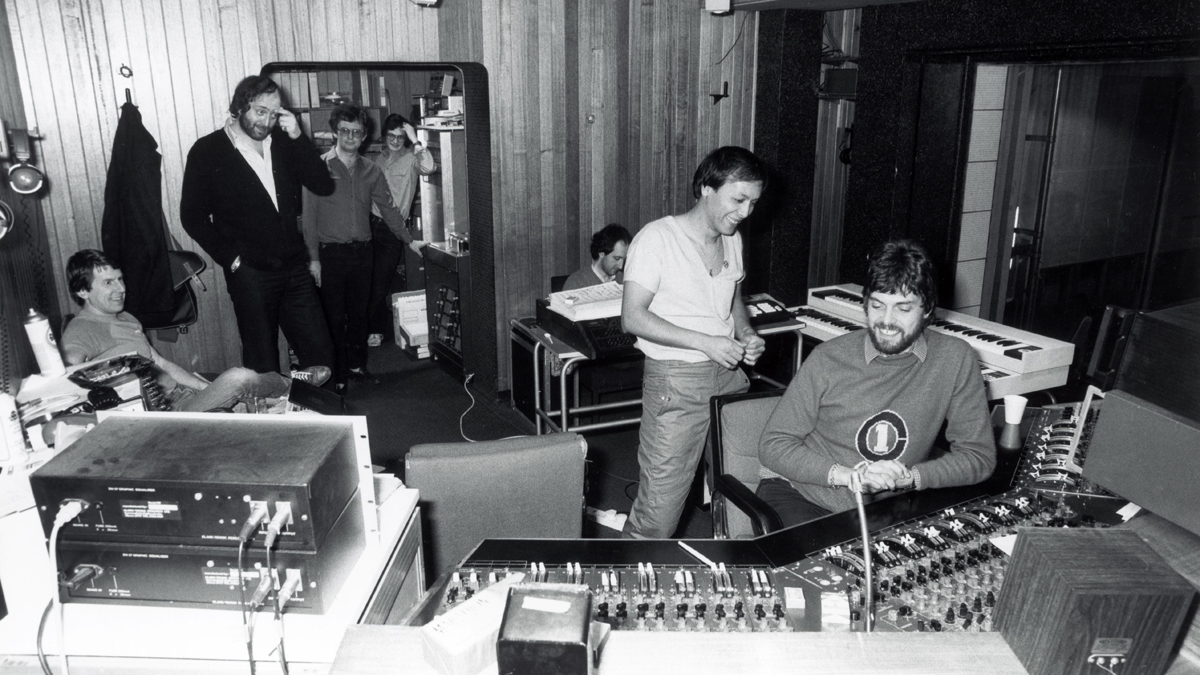
Alan Parsons
From recording The Beatles and Pink Floyd to touring with his self-titled band, rock 'n' roll legends don't come more bona fide than Alan Parsons.
He has just embarked on a series of lectures at his spiritual home Abbey Road Studios, so we caught up with the man himself to find out the secrets and gear behind his astonishing career.
Let's get straight down to brass tacks. Tell us about your favourite desks!
"I think I've had the best luck with Neve, but having said that my biggest claim to fame, Pink Floyd's //Dark Side of the Moon// was actually done on an EMI desk. I recently did an album with Stephen Wilson of Porcupine Tree, I did an album with him called The Raven That Refused to Sing and that was on a vintage Neve [RCA Custom 8028] Console at a studio here in California called EastWest, the same people that do the orchestral samples."
Was there anything you particularly liked about that desk?
"Well, the opportunity is there to use external mic pre's, that seems to be the way of the world right now, but I was perfectly happy to use the onboard pres most of the time. I'm a great believer in simplicity. It just complicates matters when you choose one mic pre for the kick drum, another one for the snare, a different one for the overheads...
"I just like to keep things simple. Having said that, my favourite mic pre which is also a limiter/compressor is the Universal Audio 6176... I'm looking at it right now. I'm also a big fan of the original dbx 160."
Get the MusicRadar Newsletter
Want all the hottest music and gear news, reviews, deals, features and more, direct to your inbox? Sign up here.
Have you used the Universal Audio plugins?
"I use them all the time, I love their plugins, particularly their EMT plates! I use them on everything, any time I need reverb that would be my go-to."
What about their range of compressors?
"I prefer to use external compressors and limiters. I tend to avoid compression and limiting, I never compress mixes, and I only ever usually limit two things: vocals and bass."
Records are mastered very loud these days, so if you're not compressing at the mixing stage the mastering engineer...
"I resist even letting the mastering engineer limit or compress. I mean, maybe just a dB of brickwall limiting for the peaks but otherwise no, I'd much rather leave it alone. If the consumer says it isn't loud enough, turn it up! Do you think records sound as good as they used to?"
No.
"Absolutely. The level war is the worst thing to happen to audio in years. Interestingly though there has always been a level war, even on vinyl."
Yes, even The Beatles got in on the action.
"The premise seemed to be 'I want it loud so that it sounds loud on the radio', but the fact is the radio was nearly always compressed as well, and when you compress something that's already been compressed it loses everything, it loses its life."
Presumably you're not a huge fan of mastering plugins?
"I've always maintained that mastering should be done by mastering engineers. Quite apart from having to earn the program, which is fairly involved, I just think it's easier to pass it onto someone who does it every day who knows the business."
Don't spend too much money on your home studio, because one day you're going to move. That's a mistake I've made! Or at least, don't hard-wire anything, make sure you can remove everything."
What are your favourite mics?
"I've always favoured the Neumann U47. I don't own one, but whenever there's one available I always try and use it for vocals. AKG Dynamics on toms-toms. I normally favour a condenser mic for snare drums like a Neumann 84, which is unusual because most engineers prefer dynamics on snare drums. I only mic the top of the snare never the bottom. For overheads, ribbon mics, preferably Coles 4038s."
What modulation effects stick in your mind?
"Well, the original ADT at Abbey Road which was invented by Ken Townsend. There have been various ADT plugins, but I think it's quite hard to emulate the real thing. I think Abbey Road have a plugin now that does a pretty good job... although I've never tried it!"
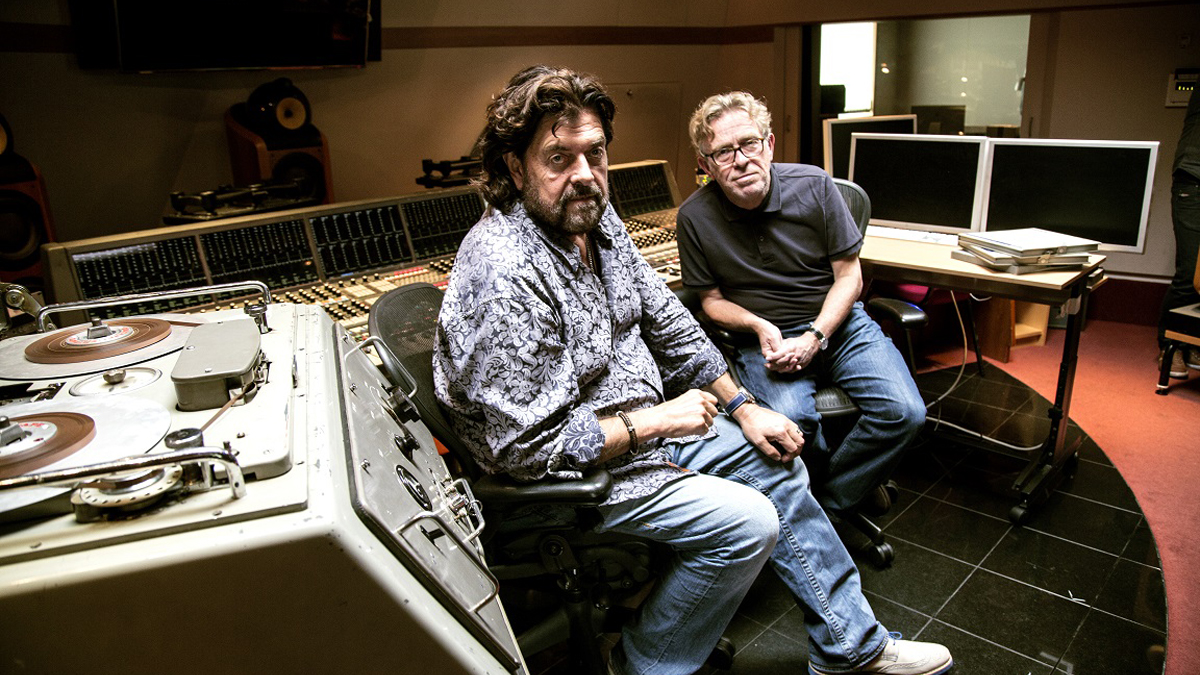
Tell us about what you're doing at Abbey Road.
"They are a series of talks which will be moderated by David Hebworth, he and I have been going through my work over the years with the Abbey Road people and deciding what to talk about. We've got video footage, lots of photographs to show...
"I think it's going to be an interesting event. I think a lot of people will be enamoured just by setting foot in the Abbey Road number two studio where much of The Beatles' material was done."
It's living history!
"Yes indeed. I worked there for years and years and every time I've set foot in that room I would always just say 'wow... this is where it all happened'. So it's going to be fun to go back, it really is.
"Also during the same period I'm going to be doing two-day masterclasses which are done in conjunction with the book and dvd series that we put out not so very long ago, The Art And Science of Sound Recording."
Hopefully this isn't too trite, but could you sum up your philosophy of music recording and production?
"Really it's all about quality of material and the relationship with the artists... no magic is going to come from a relationship between artists and producer that doesn't work! There has got to be mutual respect."
Have you always got on with everyone that you've produced for?
"Oh no! Your job as a staff engineer is to get on with everybody, but sometimes there were problems."
Before you became a recording icon was anyone ever awful to you?
"No, I was lucky, I was never bullied or victimised!"
The industry and music technology have changed a lot since those days.
"Yeah, but I haven't really changed my production philosophies. What has changed is the medium: now I record onto hard disk rather than tape, and that makes things so much easier if you want to move things around or repeat things.
"It used to be such a long, drawn-out process to do a multitrack tape, then cut things in, move them around a frame at a time. It was really complicated. But nowadays it's so easy, I've often said in interviews the tape loop on the intro of Money by Pink Floyd, that took all day to put that together.
"These days you could just put it into Pro Tools, split it up and it would be done in five minutes!"
I tend to avoid compression and limiting, I never compress mixes, and I only ever usually limit two things: vocals and bass."
You must have had incredible confidence in what you were doing in those days!
"Pink Floyd, McCartney, a lot of the people I worked with didn't have budgets! It just took as long as it took to make a record. That was a nice thing. And because of that a lot of the time I would go into the studio and experiment on my own, without the artist.
"They would still end up paying for that studio time, but the label wouldn't be bothered by it. And if the label had complained they would just have been shouted down!"
Wow. What advice would you give to people starting out now who are working in the digital realm?
"The tendency these days is to do every possible role; you're a songwriter, you're a musicians, you're a signer, you're an engineer, you're a producer, you're a computer operator... there are so many facets of modern recording.
"My advice is, don't try and do all the jobs yourself. Collaborate, work with other people. If you really think you can be the best judge of your performance if you're operating everything, you know... I don't think that's realistic. I'm speaking for myself... I don't touch the computer or the mouse, I leave that to the assistant! In fact I'm pretty much useless on Pro Tools to be honest!"
That sounds great.
"Another piece of advice is don't spend too much money on your home studio, because one day you're going to move. That's a mistake I've made! Or at least, don't hard-wire anything, make sure you can remove everything."
It sounds as if personal relationships are really important to you when making records.
"Well yes, you have to get on with the artists, you have to speak the same language and understand what each other are trying to achieve. If things are going badly the one has to own up and say 'sorry, let's try this another day, this isn't working'. I think that's one of the properties of a good producer, knowing when to stop."
Thanks Alan! You can purchase tickets for Alan's lecture Sleeve Notes: From Mono to Infinity here, his masterclasses here, and find out about his other endeavours on his website.


“I’m looking forward to breaking it in on stage”: Mustard will be headlining at Coachella tonight with a very exclusive Native Instruments Maschine MK3, and there’s custom yellow Kontrol S49 MIDI keyboard, too
“Turns out they weigh more than I thought... #tornthisway”: Mark Ronson injures himself trying to move a stage monitor



